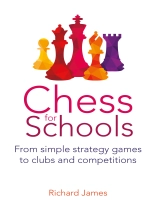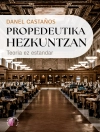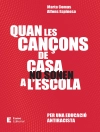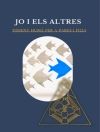Written by Richard James, Chess for Schools: From simple strategy games to clubs and competitions is a great resource to help teachers encourage children to enjoy the benefits and challenges of the chess game
Chess is a game of extraordinary excitement and beauty and all children should have the opportunity to experience it. Indeed, many claim that playing abstract strategy games such as chess provides a wide range of cognitive and social benefits- such as improvements in problem-solving ability and communication skills.
However, Richard James argues that, because of the complexity of chess, most younger children would gain more benefit from simpler chess-based strategy games and incremental learning. In this practical handbook, Richard provides a wide range of games and puzzles based on these principles which are appropriate for primary schools and explains how teachers can identify children who would benefit from starting young.
Richard also sets out how this approach can engage the whole community, including working with children with special needs, getting parents involved in learning and playing, and developing partnerships between primary and secondary schools.
Chess for Schools shares the latest research into how children process information, combined with insights into international best practice in teaching chess to young children. The book demonstrates the transformative effect chess can have on older children, and how this can be promoted in secondary schools. Richard James offers valuable insights into the greater context of chess-playing, expressing how and why chess is a joy to so many worldwide andshares a series of resources and minigames for teachers to use with their learners.
An ideal resource for primary and secondary school teachers wanting to introduce their pupils to chess.
Circa l’autore
Richard James has been teaching and organising chess for children since 1972. Between 1975 and 2006, Richard ran the highly successful Richmond Junior Chess Club, whose members included Luke Mc Shane, Jonathan Rowson and other future grandmasters. He is also the author of Chess for Kids and The Right Way to Teach Chess to Kids, and has written extensively on chess history and trivia.












